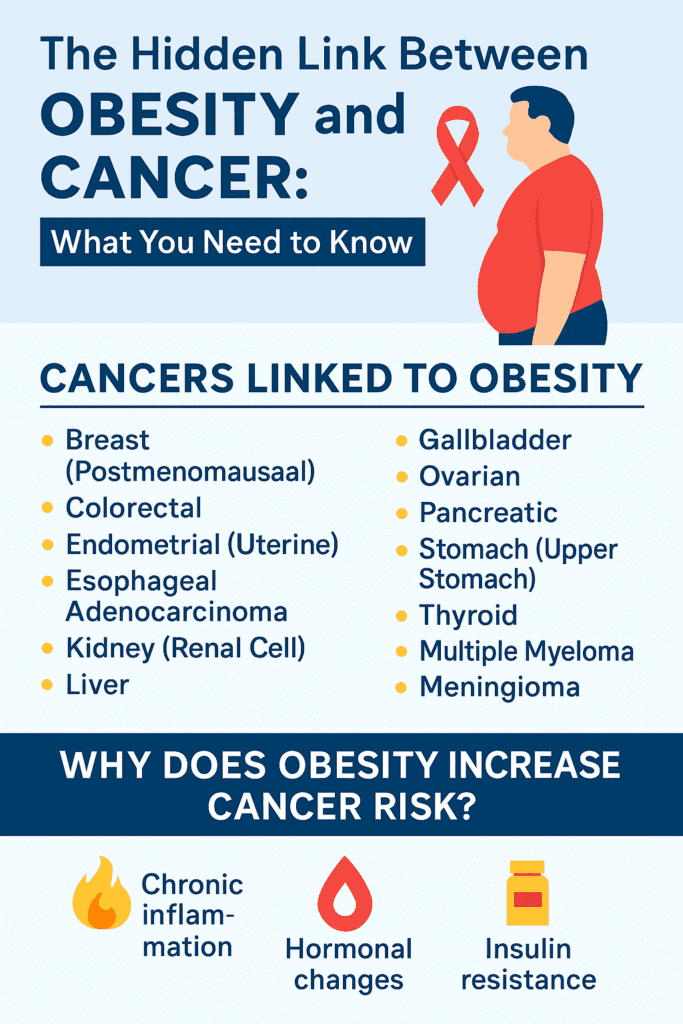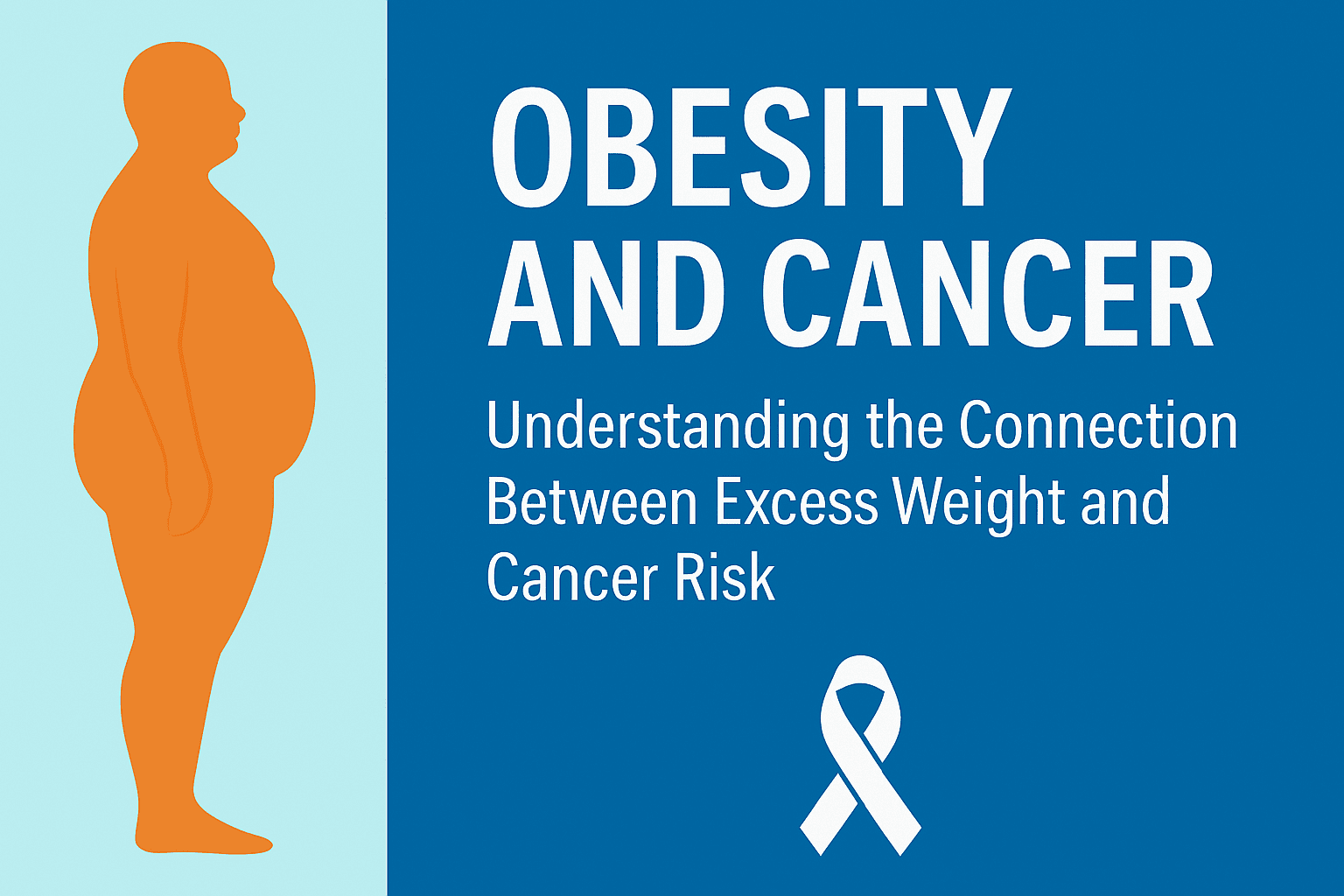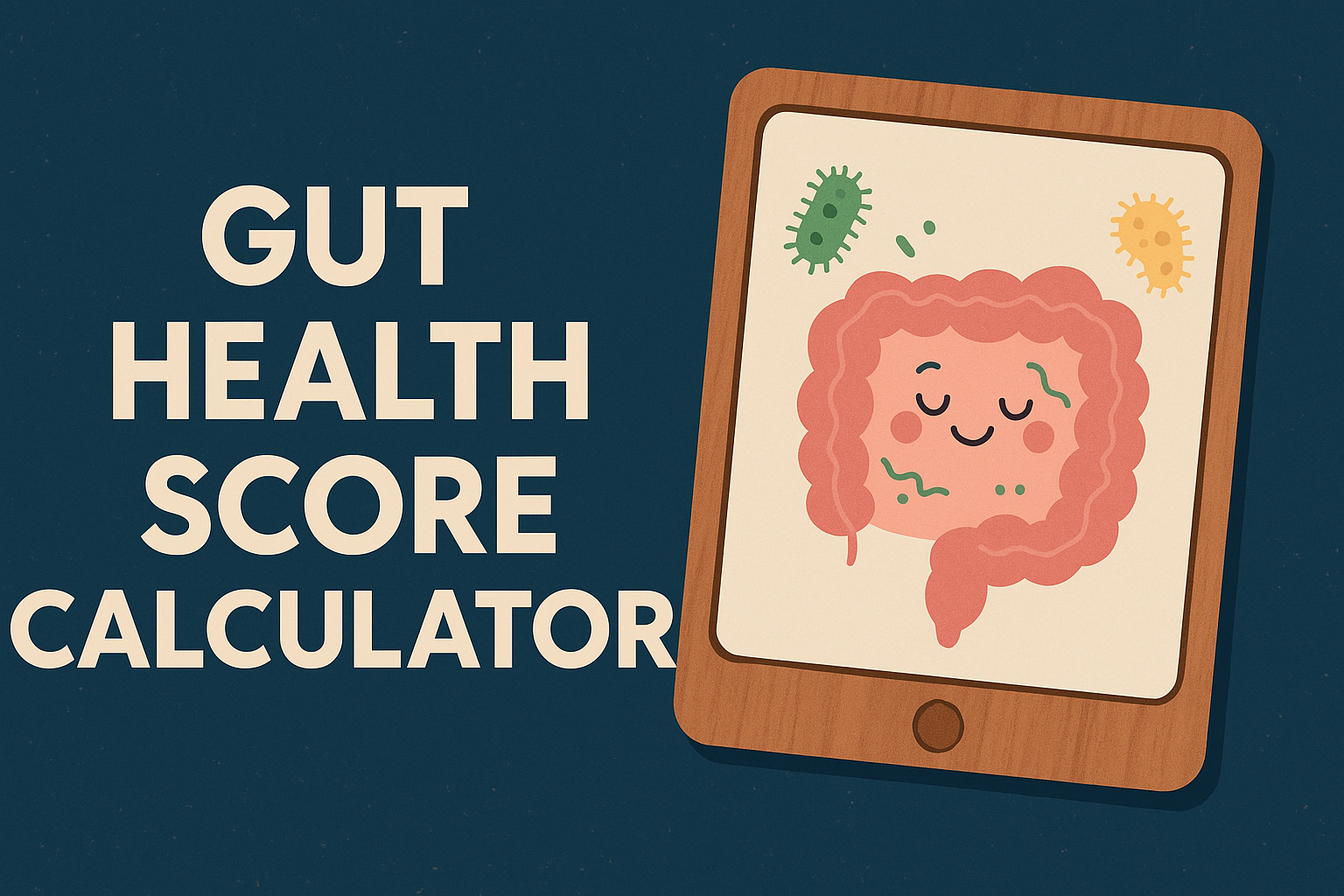⚠️ What Is the Link Between Obesity and Cancer?
Obesity is not just a cosmetic issue—it’s a major health crisis with serious consequences. One of the most alarming links? Cancer. Yes, being overweight or obese increases the risk of developing at least 13 types of cancer. This connection is backed by numerous global health studies and is now a focus for cancer prevention strategies worldwide.
And here’s the twist: even modest weight loss can help reduce this risk.
🔬 Why Does Obesity Increase Cancer Risk?
Obesity affects the body on multiple levels. The main biological drivers linking obesity to cancer include:
- Chronic inflammation: Excess fat tissue triggers a state of low-level inflammation, which can damage DNA and encourage cancer cell growth.
- Hormonal changes: Fat cells produce more estrogen, which is linked to breast, endometrial, and ovarian cancers.
- Insulin resistance: Higher insulin and insulin-like growth factors can support tumor development.
- Altered immune function: Obesity can impair the body’s natural defense mechanisms against cancer cells.
🧬 Which Cancers Are Most Strongly Linked to Obesity?
According to the CDC and WHO, the following 13 cancers are strongly associated with excess body weight:
- Postmenopausal Breast Cancer
- Colorectal Cancer
- Endometrial (Uterine) Cancer
- Esophageal Adenocarcinoma
- Kidney (Renal Cell) Cancer
- Liver Cancer
- Gallbladder Cancer
- Ovarian Cancer
- Pancreatic Cancer
- Stomach Cancer (Upper Stomach)
- Thyroid Cancer
- Multiple Myeloma
- Meningioma (a type of brain tumor)
Some of these cancers are hormone-related, while others are linked to metabolic changes, fat distribution, or inflammation caused by obesity.

📉 Can Weight Loss Reduce Your Risk of Cancer?
Yes! Research shows that losing even 5–10% of your body weight can lead to improvements in insulin levels, inflammation markers, and hormone regulation—each a factor in cancer development.
A combination of healthy diet, regular physical activity, and behavioral changes can go a long way. And now, medical therapies like GLP-1 receptor agonists (e.g., semaglutide) are also being used to support sustained weight loss in high-risk individuals.
🏥 Public Health Crisis: Why Obesity and Cancer Need Urgent Action
With global obesity rates rising—and predictions that nearly 50% of U.S. adults will be obese by 2030—the time to act is now. Cancer rates driven by obesity are also expected to rise unless public health campaigns, lifestyle interventions, and medical treatments are adopted on a large scale.
Obesity is preventable. And by addressing it, we can prevent millions of cancer cases in the future.
🧠 How to Prevent Obesity-Related Cancers
- ✅ Adopt a whole-food, plant-rich diet
- ✅ Avoid sugary drinks and ultra-processed foods
- ✅ Exercise at least 150 minutes per week
- ✅ Monitor your BMI and waist circumference
- ✅ Speak to a doctor about medications or injections if needed
- ✅ Get regular cancer screenings
❓ FAQs: Obesity and Cancer
Q: Can obesity cause cancer?
A: Yes, being overweight or obese increases the risk of at least 13 types of cancer through inflammation, hormones, and immune system effects.
Q: Is the cancer risk reversible with weight loss?
A: Some risk reduction is possible, especially if weight is lost early and maintained over time.
Q: Is cancer from obesity common?
A: Yes. In fact, obesity-related cancers make up about 40% of all cancers diagnosed in the U.S. each year.
Q: Are anti-obesity drugs like semaglutide helping reduce cancer risk?
A: Emerging evidence suggests that medications aiding sustained weight loss can also reduce metabolic risks tied to cancer—but more studies are ongoing.




One thought on “Can Obesity Cause Cancer? Shocking Facts Backed by Science”